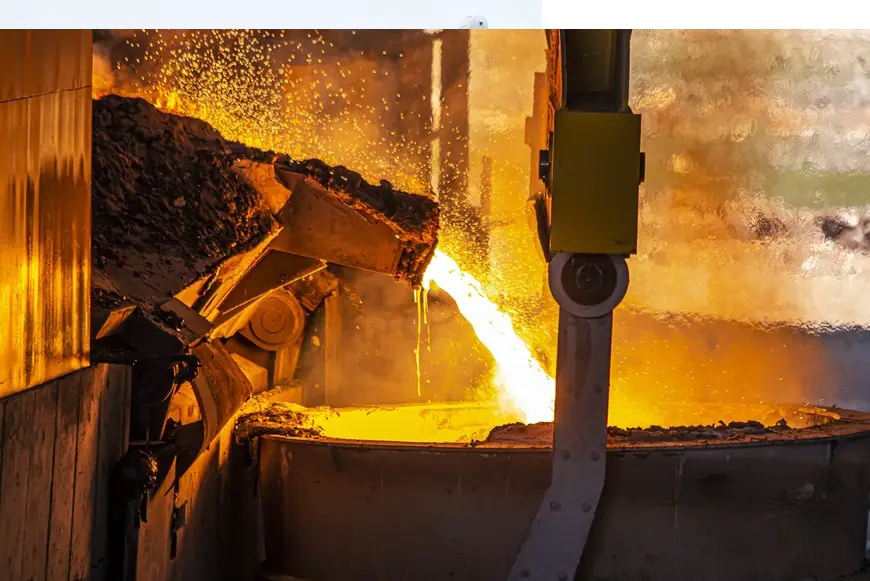American steelmakers are looking aghast as the long-standing protections afforded them by US trade policy are being threatened by the solar industry.
It began with a probe, examining if Chinese solar panel makers are evading US tariffs when importing their products. In their quest to derail the probe, solar developers are appealing to an environmental argument, saying the investigation is undermining the good work being done by the solar industry in fighting climate change.
US steel is increasingly disturbed by this, as if this argument succeeds, US trade policy, previously based around the simple principles of competition, subsidies, and pricing, will become subject to any political issue which might be prominent at any particular moment. Such new criteria would likely make it more difficult for US industrials to get new duties implemented in any future disputes.
Scott Paul, president of the Alliance for American Manufacturing, a group that represents steelmakers and workers said it would tell US manufacturers they can be denied any relief, “even if you have a valid case and you’re losing jobs” due to unfair competition. “If you weaken that, you’re going to weaken overall support for more trade.”
Adding to the concern is that several US Senators appear to have been swayed by the Chinese solar industry, and are appealing to the Biden administration to factor climate change into the decision making on the inquiry, to the benefit of China.
George Hershman, chief executive officer of SOLV Energy, who is against the probe, said, “You have an administration that said they were going to do a climate test on everything. Is that a stretch for appropriateness? Probably not.”
Biden in turn employed a modified strategy. After invoking the Defense Production Act to support US-made solar manufacturing, he then used emergency authorities to impose a two-year freeze on any new tariffs for solar panels. Domestic manufacturers immediately rebuked him for catering to the Chinese.
Tim Brightbill, a trade lawyer at Wiley Rein said, “In order to avoid this alleged national emergency, we are going to allow ourselves to become even more dependent on Chinese-owned solar companies in Malaysia, Vietnam, Cambodia, and Thailand. This is wrong on multiple levels.”
The original trade investigation was sought by a California manufacturer. In the investigation, commerce was examining if Chinese companies were circumventing tariffs on Chinese solar panels by shipping all of their parts to be assembled in plants in Cambodia, Malaysia, Thailand and Vietnam, before sending them on to the US.
The case threatens to impose retroactive tariffs on panels already imported, stymying jobs which have already purchased them, and slowing the deployment of panels, something central to Biden’s promise of a greener economy and fewer emissions in energy production. Preliminary findings of the case are expected in August.
Meanwhile the Solar Energy Industries Association is pushing for new language in a manufacturing bill which would change how commerce assesses tariffs, imposing a “public interest” factor in their analysis. Meanwhile steel producers are lobbying to prevent any changes to a system which they say is solely to protect US industry from unfair trade practices.
Adding public interest tests, or environmental concerns to a set of rules which are designed solely to promote fair competition for US manufacturers will create a slippery slope, where thousands of other issues can be brought to bear on cases.
William Reinsch, a trade expert at the Center for Strategic and International Studies said, if other elements are brought to bear, “it opens the door to a thousand other requests. There will inevitably be no shortage of other people arguing that their cause is also important.”

